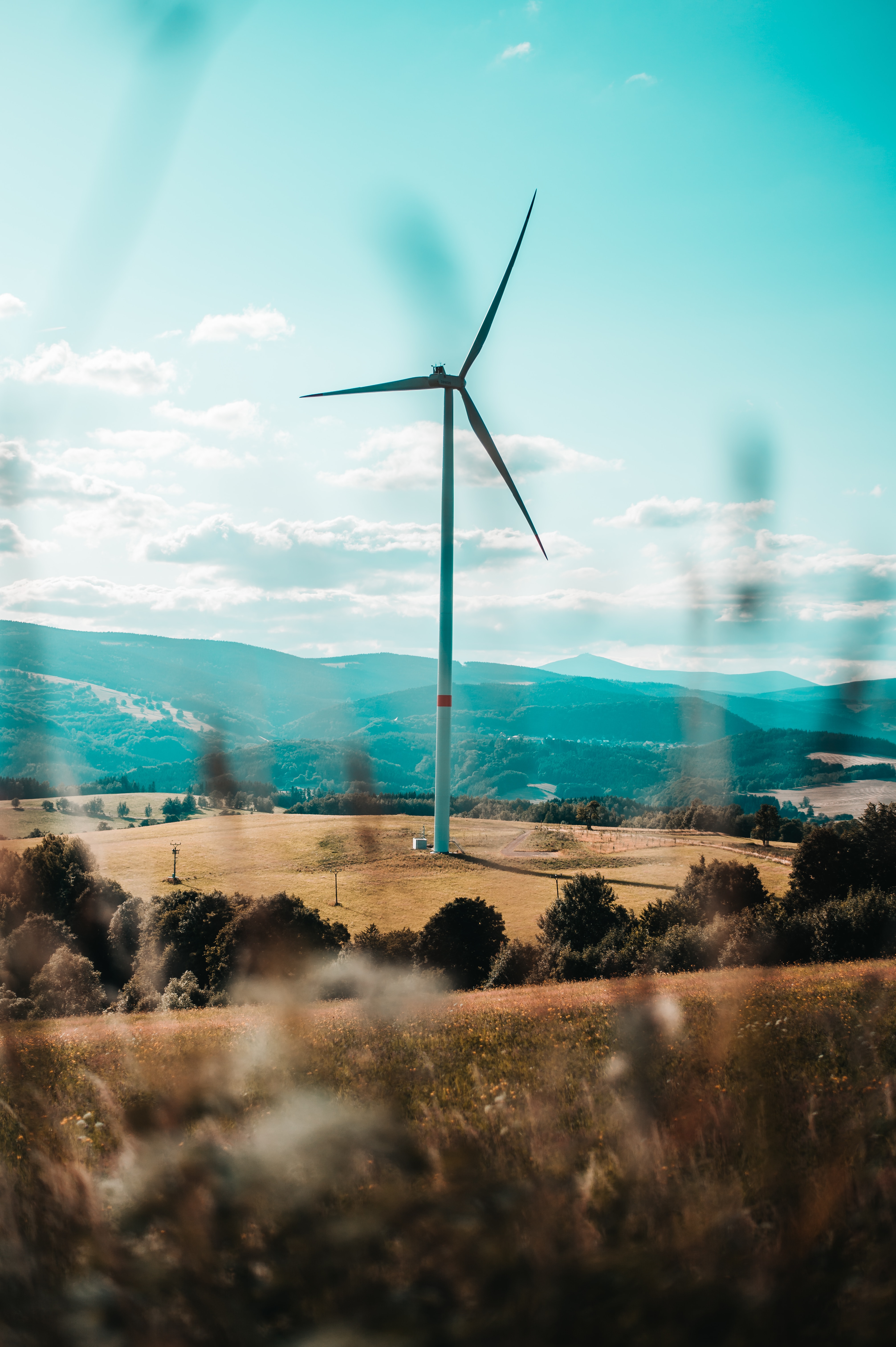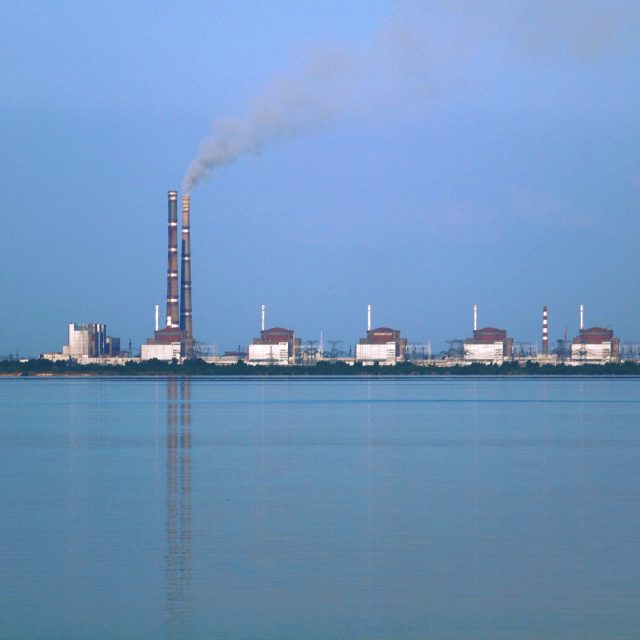The European Economic and Social Committee (EESC) claims that the organisation of future energy systems requires responsible political decisions that can indicate the way forwards and whether to prioritise centralised or decentralised elements.
The energy transition needs a clear political vision, as it is not just a technological issue but also a profoundly social challenge. In the opinion drafted by Lutz Ribbe and Thomas Kattnig and adopted at the Committee’s September plenary session, the EESC stresses that a future energy system will need to have both centralised and decentralised elements, but that its organisation cannot be left to chance.
Commenting during the debate, Mr Ribbe said: “A clear vision is needed as to whether decentralisation or centralisation should be prioritised. After all, Europe’s energy transition first and foremost requires investment certainty for both the public and private sectors, which can only be achieved if clear fundamental decisions are made.”
Echoing his words, Mr Kattnig added: “Workers, trade unions and consumers must be involved in the energy transition, as promised by policy-makers and strongly called for by the EESC. However, here too, the Commission and the Member States leave more questions open than they answer. Furthermore, current energy policy initiatives will prevent, rather than encourage, broad public participation.”
The question of how centralised or decentralised the EU’s future energy system will be has not been settled politically. Neither the Commission nor the Member States have issued any clear statements on this. The only thing that is clear is that it was the emergence of renewable energies that made decentralised structures possible in the first place.
Centralised and decentralised systems both have advantages and disadvantages. In a centralised system, value creation is typically concentrated in a small number of players. In a decentralised system, however, consumers can contribute as active customers, citizen energy communities, farmers, SMEs and municipal companies.
How the new energy system will be organised is therefore much more than just a technical issue; it is a highly political one. In a just and fair transition, it is about who can (and should) play what role. In a nutshell, it means who will be able and allowed to earn money through energy in the future, that is, who will be able to take part in the energy transition, in economic terms. These sensitive decisions will also determine the extent to which the energy transition will stimulate innovation.
Looking at potential economic and social policy consequences, the EESC also underlines that decentralised energy systems provide major impetus for regional development and can lead to the creation of new, high-quality and skilled jobs in the regions. As the critical power grid infrastructure is a natural monopoly, the fundamental question is whether it should not belong to the public sector in the interests of sustainable security of supply, particularly as it was created and expanded using a considerable amount of public funds.
Likewise, policy-makers have partly addressed the issue of vulnerable consumers and energy poverty, but no solutions have been identified so far, especially in relation to the future design of the energy system. For this reason, the EESC calls on the Commission to propose introducing common criteria for the definition of energy poverty and common indicators at EU level to better measure this phenomenon. The Member States must develop more statistical tools to effectively target disadvantaged households, also enabling low-income ones to implement energy-efficiency measures to reduce their energy consumption.




